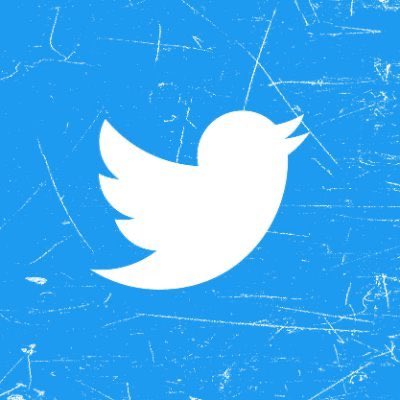Opinion
Opinion: Twitter ban will have drastic implications on Nigeria’s economy

By: Odewale Abayomi
In retaliation for Twitter deleting President Buhari’s tweet for violating its “abusive behaviour” policy, the federal government suspended Twitter’s operations in Nigeria indefinitely on the premise that the platform is persistently used for activities that are “capable of undermining Nigeria’s corporate existence”. It is worth noting that Twitter is where Nigeria’s most vibrant tech developers, freelancers, vocal activists, journalists and intellectuals are domiciled.
Through the channel, they market their skills, engage in business transactions, draw leaders’ attention, grill politicians, and demand accountability. The suspension is suspect; it is targeted at criminalising the critics of public office holders not living up to expectations. Soon, the ban, an infringement on freedom of expression, would extend to other social media platforms.
On the heels of the fragile economy, this approach is self-destructive. According to data made available by the NetBlocks Cost of Shutdown Tool, Nigeria loses over 2 billion naira ($6 million) every day that Twitter remains shutdown.
Among other social media platforms, Twitter remains a convenient medium in addressing complaints, building relationships with clients, a veritable medium for a real-time survey, spontaneous feedback for optimal service delivery, and an innovative tool that reveals potential client needs based on targeted location, their short bios and trending topics. Also, it drives traffic to business and corporate websites.
PWC reveals that SMEs contribute 48% of Nigeria’s GDP. They account for 96% of businesses and 84% of employment. Many legitimate small and medium scale businesses and services without brick and mortar offices survive on social media – especially Twitter because of its algorithm and efficient targeted ads.
The ban frustrates hardworking and creative young Nigerians who toil day and night in their quests to earn a legitimate earning. Many young Nigerians leverage the platform’s reach to promote their skills, and freelancers who offer services across international borders would be significantly affected. Twitter is a rising platform for information exchange, marketing, customer service, and remote work. Its reach has bridged geographical divides.
Nigeria has about 40 million Nigerians Twitter users, including a talent pool of tech-savvy youths with creative and innovative start-ups.Research on Organisation for Economic Co-operation and Development countries between 1996-2007 revealed a ten percentage point increase in broadband penetration is raised annually per capita growth by 0.9-1.5 percentage points. Nigeria being a developing country, ought to intensify efforts on improved broadband penetration. With improved broadband penetration, more Nigerians would join the pool of talents across borders.
Nigeria has over 750 start-ups, the highest in Africa. In the first quarter of 2021, Nigerian start-ups raised $219m, and Fintech start-ups accounted for more than 90% of the funding. Also, the ICT sector contributed 17.83 per cent to Nigeria’s GDP in the second quarter of 2020 – despite the Coronavirus lockdown. The sprouting tech start-ups contribute significantly to the economy but are threatened since they leverage social media, especially Twitter, to create awareness about their businesses and services.
At a time Nigeria envisions diversification of revenue, the suspension makes Nigeria unattractive for foreign investments. In April 2021, citing Ghana’s support of free speech and online freedom, Twitter launched its African headquarters in Ghana, a calculated move going by the recent suspension. More foreign investors could follow suit. No foreign investor will want to operate in a country with unstable and repressive policies that hamper smooth operations.
With the current 33.3% unemployment rate, this development will undoubtedly drive the unemployment rate among the youth higher. Moreover, the ban is a threat to Nigeria’s burgeoning digital economy. Before it is too late, it is pertinent to halt the suspension. The Nigerian government should rescind the decision.
______________________
ODEWALE Abayomi is a writing fellow at African Liberty. He tweets @ODEWALEAbayomi
Disclaimer
It is the policy of NewsWireNGR not to endorse or oppose any opinion expressed by a User or Content provided by a User, Contributor, or other independent party. Opinion pieces and contributions are the opinions of the writers only and do not represent the opinions of NewsWireNGR






